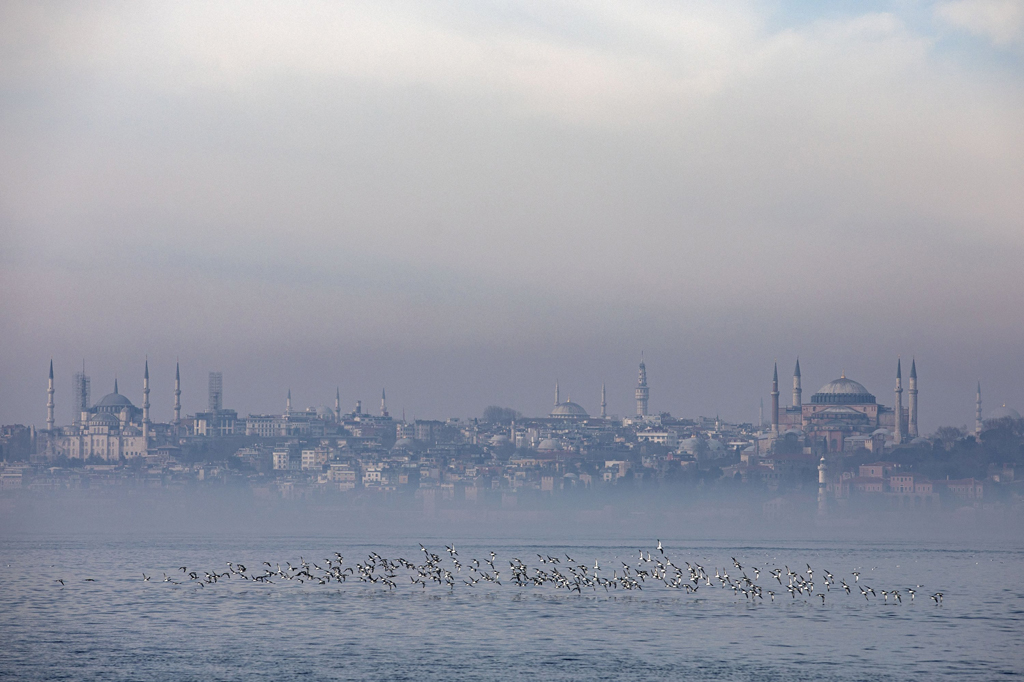The topics on the table
The main disagreement is quite clear: The People's Alliance wants to consolidate the presidential system, while the opposition wants to restore the parliamentary system. For the record, neither side has the necessary number of votes, which is 360, in Parliament. Moving forward, the various parties will present their proposals and those plans will be debated by the largest possible number of participants. The all-party talks in 2011 showed that it is impossible to draft a new constitution in which all parties are in consensus. Four years later, Turkey’s major parties couldn't even agree on the formation of a parliamentary commission to even talk about constitutional reform. Still, there are three options on the table today: Some members of the opposition may throw their weight behind the AK Party-Nationalist Movement Party (MHP) proposal for a new constitution. Alternatively, part of the People’s Alliance may endorse the opposition’s plan – which is less likely. Last but not least, a commission featuring all parties could be formed to identify mutually acceptable elements of the new constitution. The two alliances would then work on their respective proposals before the people are asked to decide between them. That’s also where Mustafa Şentop, the Parliament’s speaker, appears to stand. Either way, we will be hearing a lot about constitutional reform over the next year. The People’s Alliance broached the subject of drafting a new constitution and gained the upper hand by talking about the future. Opposition leaders, in turn, call for an “augmented” parliamentary system – mentioning on every occasion that it did not want to go "back in time." Some pro-opposition commentators are unsettled and allege that the government’s call for constitutional reform is “an attempt to activate ideological fault lines, to revive the debate on religion and secularism, and to open the discussion on questions of national identity and ethnic identity.” In my view, we should not shy away from discussing the proposals for Turkey's future, which look to find solutions to pressing problems. As we all know, the words have already been put out there, and Turkey's future cannot be the subject of closed meetings and exclusive workshops. The main opposition Republican People's Party's (CHP) brand of politics, downplaying ideological differences between various parties, cannot inspire the Turkish people. Turkey cannot write a new social contract or clearly define its national identity without having the necessary discussions. Secret agendas are far more dangerous than polarization because they poison the well of democracy.
[Daily Sabah, February 15, 2021]









